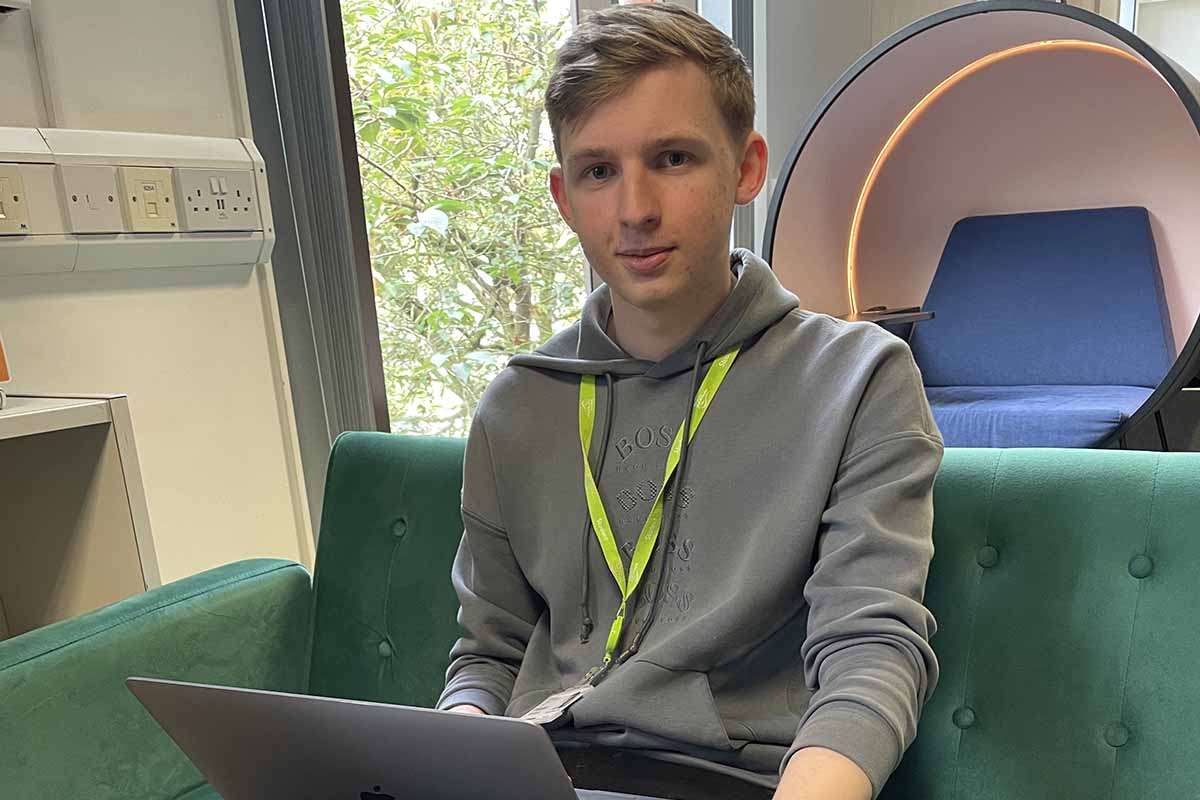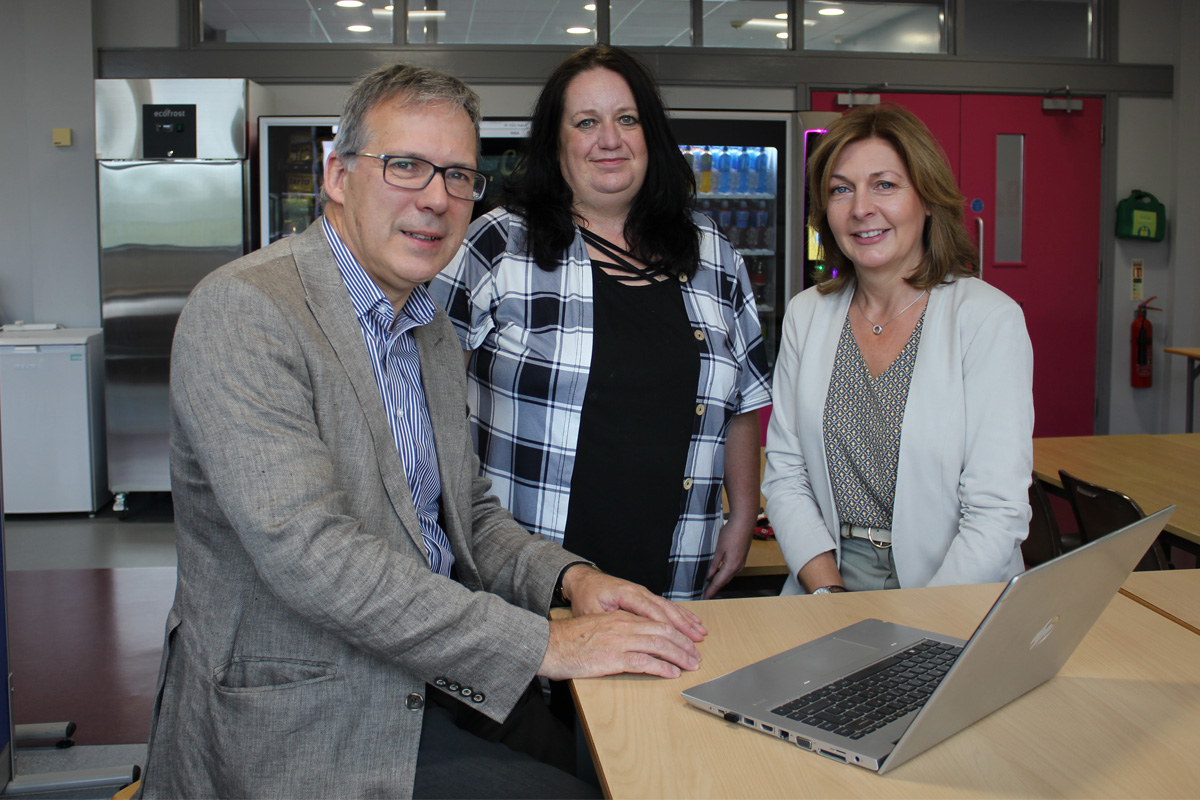University of Birmingham’s Spinout Raises £1.6m For Its Exam Marking Platform

Graide(@GraideFeedback), a University of Birmingham(@unibirmingham) spinout whose assistive AI-based platform helps teachers mark student homework, has raised £1.65m to expand in the UK and target new markets in the US and Canada.
The funding has come from XTX Ventures alongside existing investors Mercia Ventures, the MEIF Proof of Concept & Early Stage Fund, which is managed by Mercia and part of the Midlands Engine Investment Fund (MEIF), SFC Capital and private investors.
How does Graide help?
Graide uses assistive AI and machine learning to help teachers grade essays and provide feedback to students. Initially designed for marking maths, physics and chemistry papers, the company has since launched a new platform that can mark essays and reports in all subjects. The company is also working on a new feature to detect students using AI to write essays.
Graide evaluates both the structure and quality of submissions. Unlike standard AI marking platforms, it does not need a lot of data to run through neural networks, can mark more than one question at a time and does not need to share data with other users to work properly. It is also ‘self-aware’ – only showing marks that it is confident in, and alerting the user to pieces of work that may need teacher scrutiny.
Studies have shown Graide’s AI platform can reduce marking time by between four and seven times and save over £400,000 of staff costs per year, while independent tests by learning platform Oxbridge show up to 99% accuracy against pre-marked English papers.
Graide History
Graide was founded in 2021 by former students Robert Stanyon, Manjinder Kainth and George Bartlett. The platform is now used by universities including Birmingham, Durham, Huddersfield and Sussex, as well as learning platforms and exam boards, and has already carried out successful pilot projects in the US. The company, which is based in Wolverhampton, currently employs eight staff.
The latest funding brings the total it has raised to date to over £2.5m and will enable it to target new markets, further enhance its platform and create four new jobs in the next six months.
Manjinder Kainth, CEO of Graide, said:
“Graide provides transparent, explainable AI, a requirement in today’s world, and can cover all subjects taught from school to university level, saving teachers time. We are pleased to welcome XTX Ventures, which has extensive experience in AI and machine learning, as a new investor in this round.”
XTX Ventures is the venture capital arm of algorithmic trading company XTX Markets.
Oliver Scott, Global Head of Treasury at XTXMarkets said:
“We are delighted to have invested in Graide and we look forward to supporting the wonderful team there as they continue to expand in the UK and across the US and Canada.”
Hannah Tapsell Chapman from Mercia Ventures added:
“Graide uses AI transparently and responsibly to speed up marking times while ensuring teachers are in control throughout. With educators worldwide becoming increasingly receptive to innovations as they seek to improve efficiency, this funding will help Manjinder and the team take advantage of emerging opportunities.”
Mark Wilcockson, Senior Investment Manager at the British Business Bank, said:
“The Midlands Engine Investment Fund invests in innovative and fast-growing businesses in the Midlands. As the platform is already in use at several UK universities, the funding from the MEIF will allow Graide to focus on further business growth and international expansion in the US and Canada. MEIF’s support will help create new jobs while positively impacting the local economy.”
The Midlands Engine Investment Fund is supported financially by the European Union using funding from the European Regional Development Fund (ERDF) as part of the European Structural and Investment Funds Growth Programme 2014-2020 and the European Investment Bank.











Responses